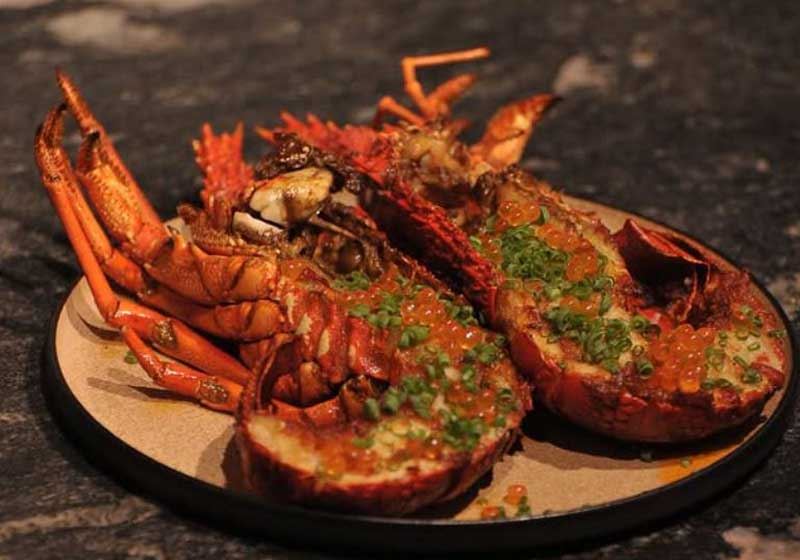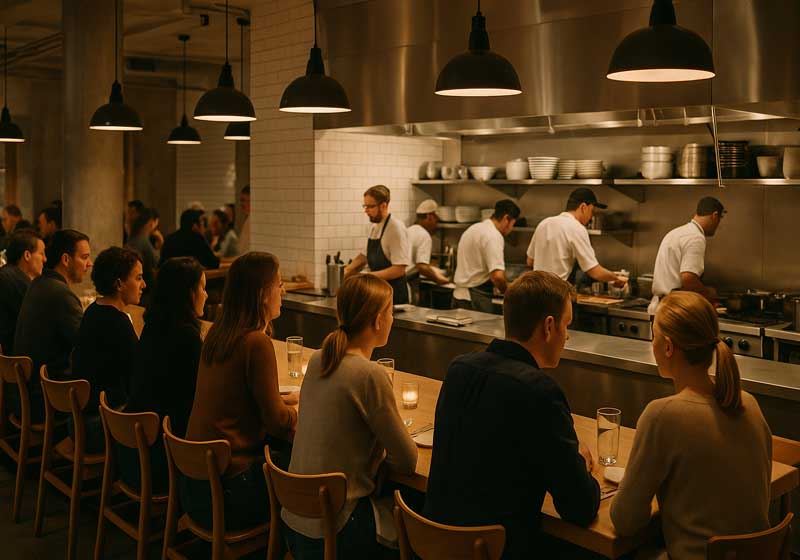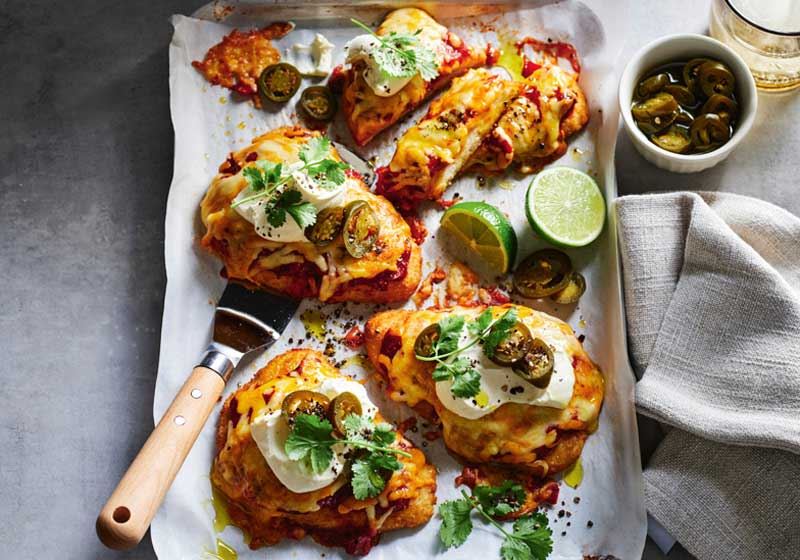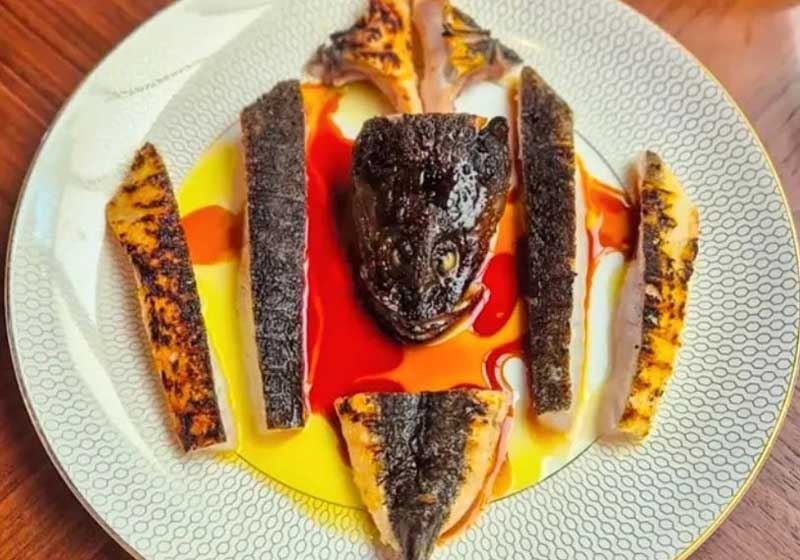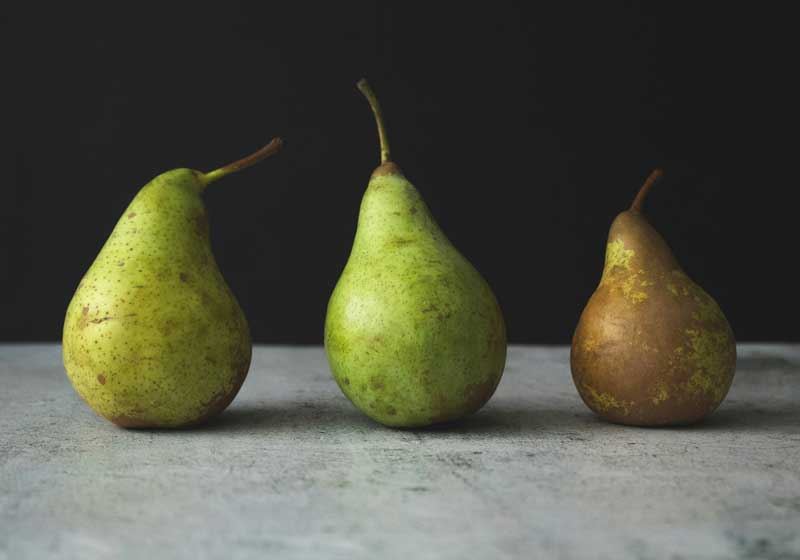By Marie-Antoinette Issa.
For many Australians, South-east Asia holds a certain kind of magic. A place where we lose ourselves in the pulse of street food stalls, find peace among rice paddies or pause to sip something strong as the sun dips below palm-fringed coastlines.
Fortunately, for those unable to afford a mid-year escape, that feeling has found a new home in Sydney, captured in a single, soulful dining experience.
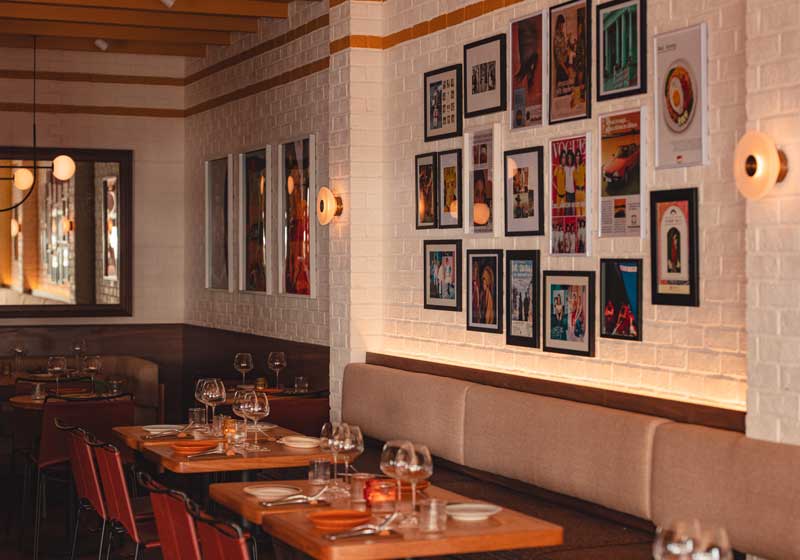
Tucked against the backdrop of the Rose Bay waterfront, Rasa House is a new dining destination that delivers a deeply personal, joyfully chaotic and gloriously flavour-packed escape you’re invited to discover.
The kind you don’t need a boarding pass for, but might yet leave you daydreaming of dusty street markets in Mumbai, the pulsing food alleys of Jakarta or the soaring clarity of Kathmandu.
For Vinay Matta, the first-generation restaurateur behind this oriental oasis, Rasa House pays homage to the movement, music and mouthwatering flavours of the region. The son of the legendary duo behind Sydney stalwarts Jewel on the Bay and Spice Room, Vinay has grown up steeped in the language of hospitality. However, he was never interested in rehashing the parental playback, which has served his family so well.
"My parents are successful at what they’ve done. Their formula is simple and it works. They've created a cult fan base and it’s incredibly impressive to have a restaurant that has stood the test of time for nearly 25 years," he explains.
"However, it just doesn’t excite me. The younger crowd craves an authentic experience that is accessible but unique and that’s the direction I decided to take the restaurant. People don’t know they like something until they’ve given it a go.”

Blending the eye of a screenwriter, the curiosity of a traveller and the appetite of a street food obsessive and driven by a desire to offer something different, Vinay’s Rasa House is a space that hums with vinyl, plates up flavours like a good plot twist and makes you feel like you’ve stepped into someone’s (very cool) memory.
The name Rasa itself holds multiple meanings – ‘flavour’ in Indonesian and ‘essence’ in Hindi. Here, everything pulses with both.
"Inspiration is all around. You just need to be willing to embrace it,” says Vinay. "The idea for Rasa House came from my travels, my art, my heritage and my parents’ journey in hospitality. I’ve learnt a lot from them. However, I’m also ready to make things my own, to do something that isn’t rooted in legacy, but will create a legacy of its own.”
Step inside and you’re greeted by soft lighting, earthy finishes and eclectic artwork. A hand-painted mural by Sydney artist Mali Pilgrem Blasco lives in the bathroom, while a record player spins during Saturday sessions - a direct nod to a Berlin dining experience that left a lasting impression on Vinay.
"The coolest part of the dining experience wasn’t the food. It was the waiter elegantly removing a record from the sleeve, placing it on the vinyl and clicking play…no one listens to albums anymore. I like the idea of eating and listening to something from start to finish.”
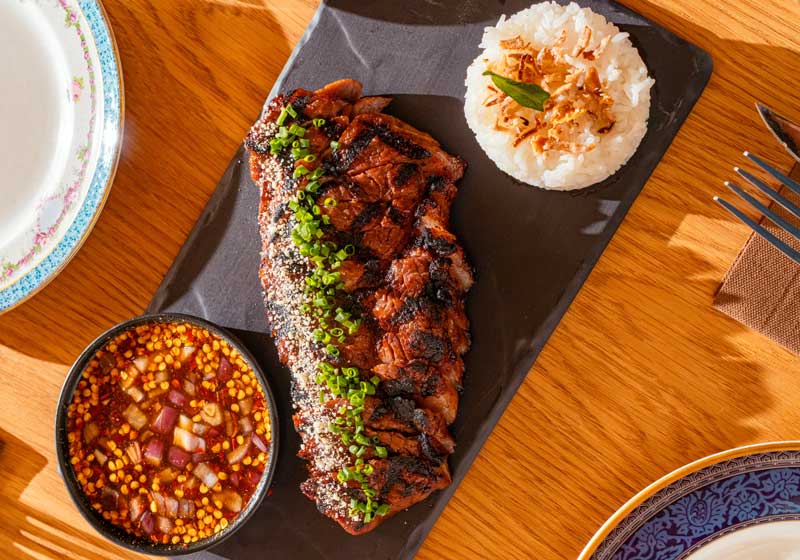
Of course, at Rasa House the real story is told on the plate. The menu spans India, Nepal and Indonesia, with fresh, seasonal ingredients front and centre. Think seafood delivered straight from The Fish Market in Maroubra, premium cuts supplied by Sydney’s Field to Fork and herbs handpicked from a community veggie patch in Rose Bay, for a hyperlocal touch.
"What separates the wheat from the chaff is honesty,” Vinay shares. "I tell the Chefs to ‘cook what they know’ because it not only exudes authenticity, but they’re putting themselves on a plate. They’re not trying to be anybody they’re not.”
It’s a mantra that shows. Dishes like the Afghan lamb shank boti, slow-cooked and rich with hung curd, pomegranate and slivered almonds, are direct from Vinay’s memory bank.
"When I was backpacking in India, I went to the gym and became friends with this elderly man. He took me out for breakfast in the Muslim populated quarter of Mumbai. Their version was made with mutton and we ate it with plain white bread and fried eggs. It was a nice after-workout protein fix, but also felt memorable at the same time.”
Then, there’s the jhol momos - Nepalese dumplings swimming in a silky coconut gravy - a dish Vinay says best represents the restaurant’s ethos; or the cauliflower Manchurian, born from a dinner party and now a sweet, sticky staple.
I wasn’t sure if people would vibe with it, but the flavours seem to be accessible!”

The Chefs themselves - from Nepal, India and Indonesia - are the heart of this operation. "They bring transparency and honesty when it comes to discussions about the food. You just have to give them agency and trust them to try things,” Vinay says.
The drinks list is just as thoughtful. Curated by Bar Manager, Yohan Darriere, cocktails feature Asian-inspired spins like the lychee Margarita and a Japanese tea Old Fashioned.
The wine list, meanwhile, reads like a passport: Tenerife, Lebanon, Morocco, South Africa.
"It just comes down to what I like and what is different,” Vinay says. "I’m a sucker for a Central Otago Pinot Noir but the Pinot Noir from Mersel wines in Lebanon is one of the most memorable drops I’ve had in a really long time.”
As for what he hopes guests feel as they leave? Vinay laughs: "Thank God it’s not cacio e pepe.”


